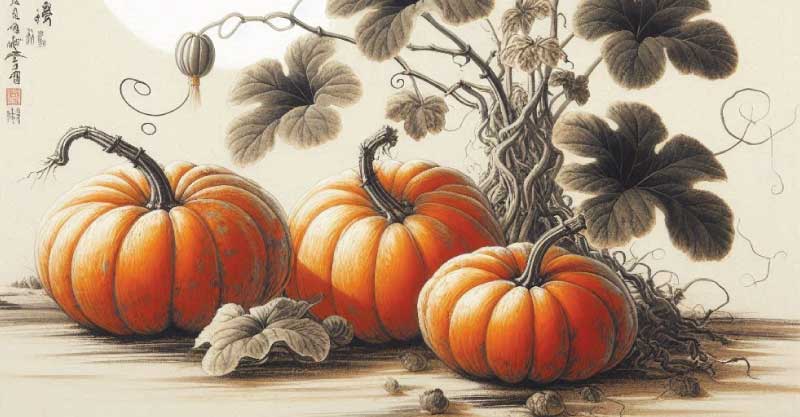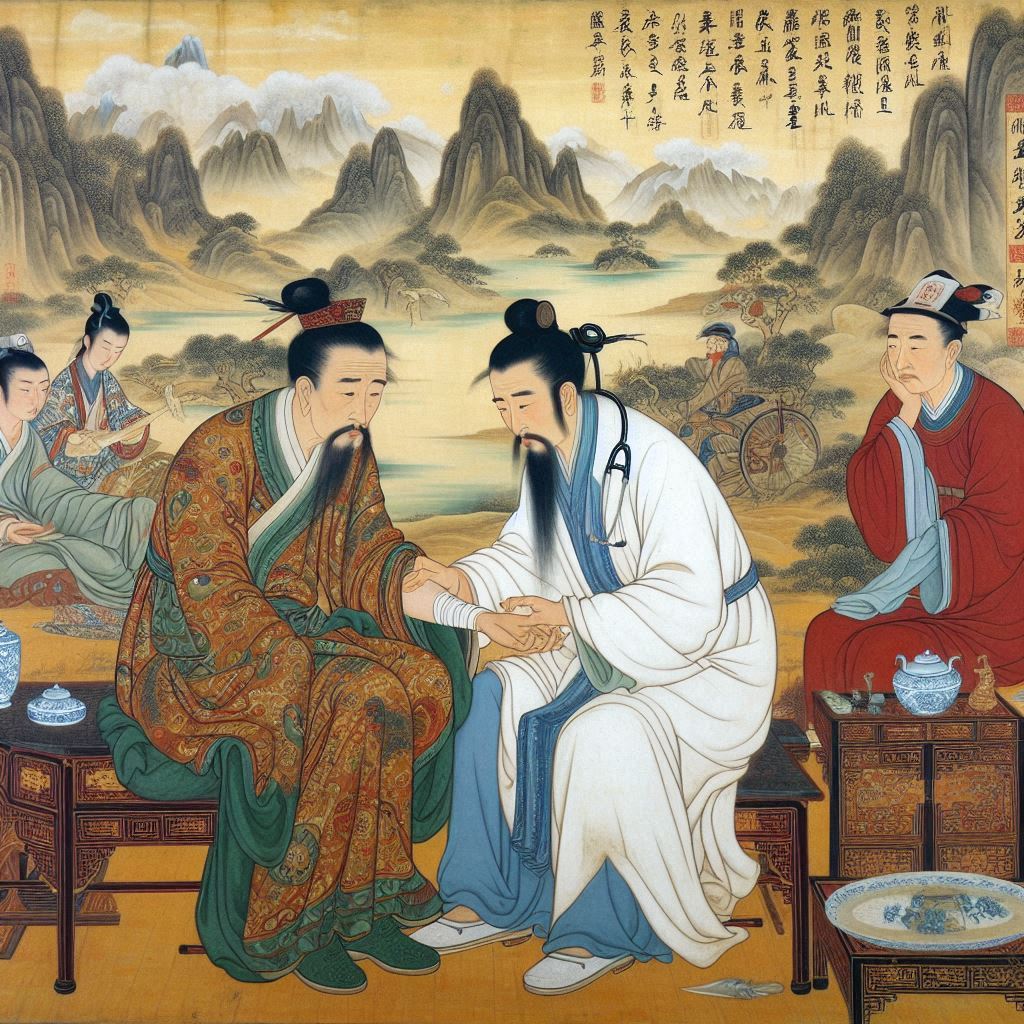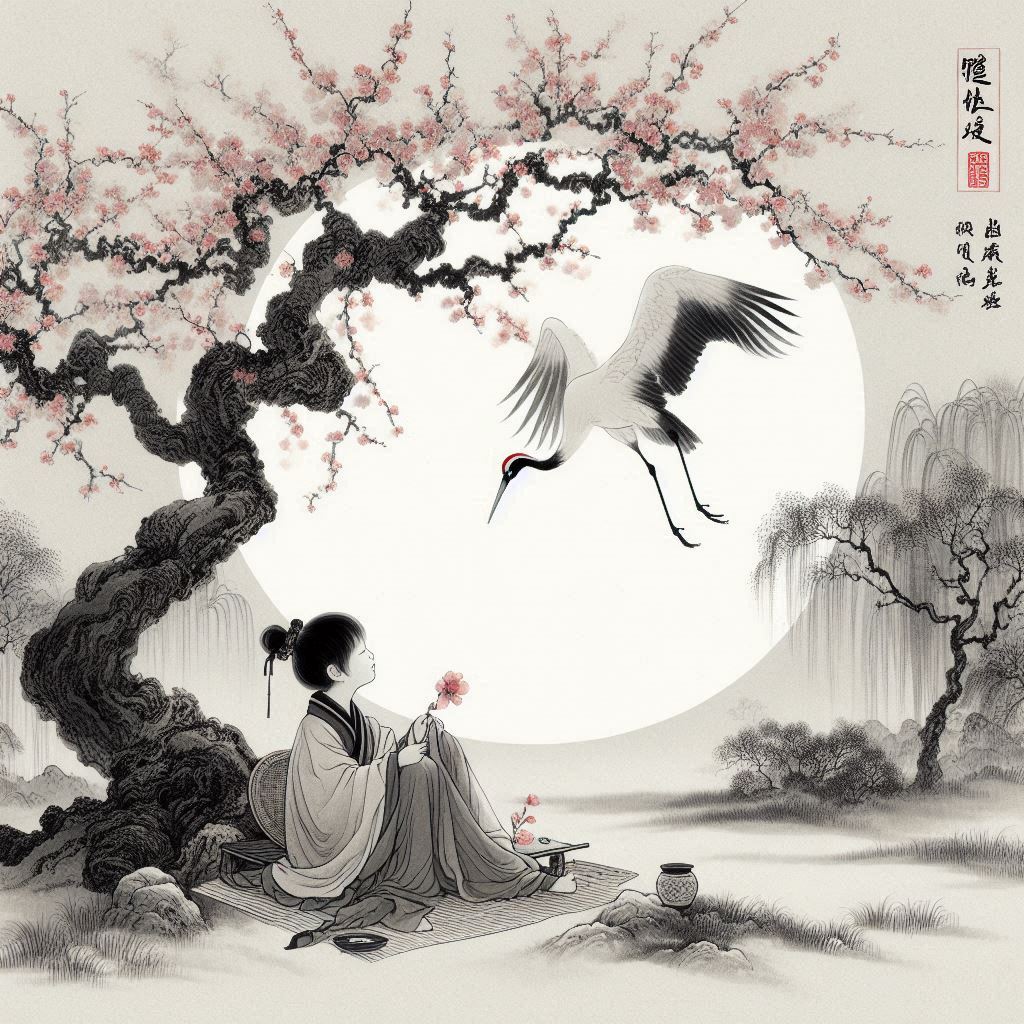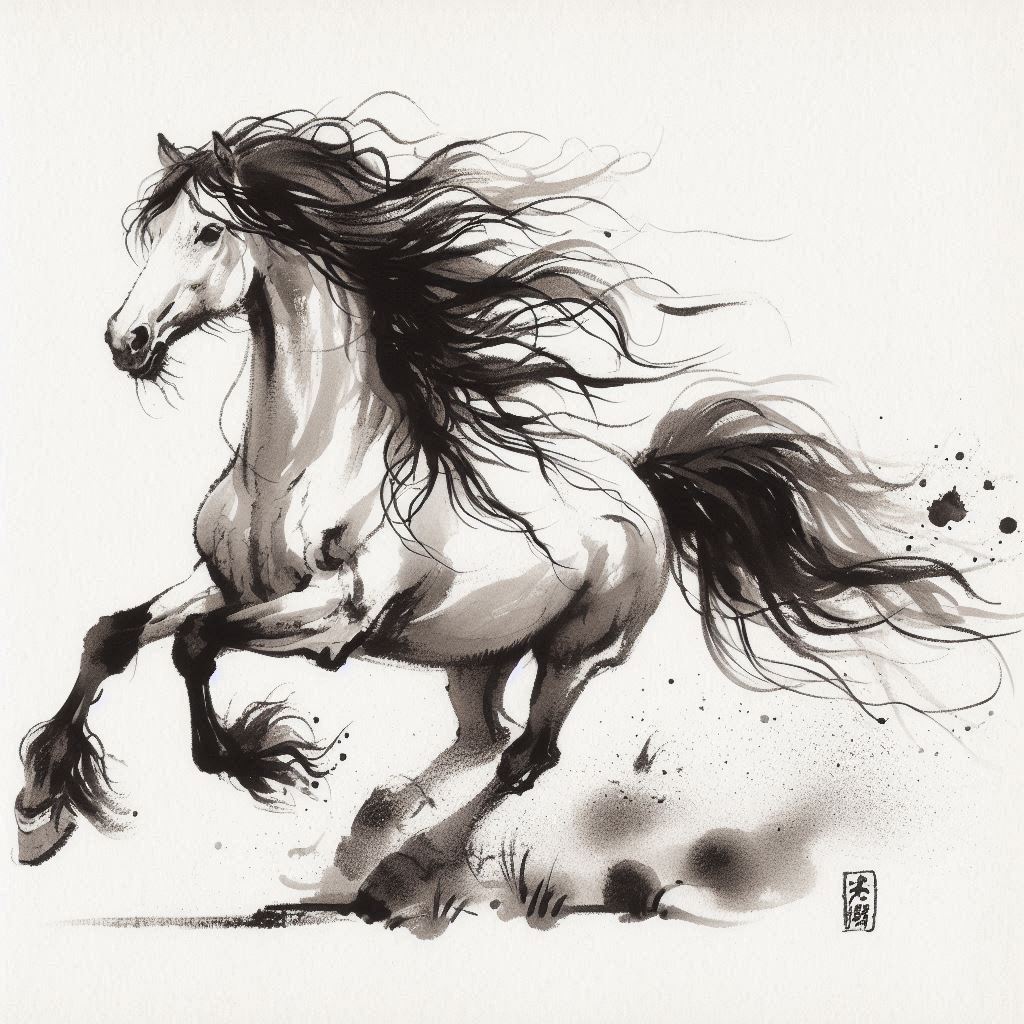Cause
- Qi deficiency
- chronic or excessive negative emotions
- sadness
Note: To understand the term "Qi", thus to get a better grasp of the following disharmony, we encourage our readers to review the short material "What is Qi" and "Qi in Traditional Chinese Medicine" in the Vitality chapter.
Qi deficiency is a common problem for the contemporary person. Stress, poor diet (bad quality food or poor food combination), poor breathing (living in polluted areas), and overwork wear out the energy of the modern people. Since each organ owns, uses and directs Qi, when the overall body Qi is depleted the Qi of the different organs depletes as well. Thus overall Qi deficiency will affect the different organs, including the Heart.
Another cause for Heart Qi depletion in traditional Chinese medicine are negative emotions. Since the Heart houses the mind(1)(2) emotional problems of any kind wear out the energy of the Heart. The emotion most responsible for Heart Qi depletion is sadness, as sadness is experienced with a physical sensation of pressure in the heart area and heart restriction. Anxiety also depletes the Heart Qi fast.
If you want to learn more about the Heart and its functions from the perspective of traditional Chinese medicine go to "The Heart in Chinese medicine" in the Physiology chapter.
Symptoms
- heart palpitations
- spontaneous sweating
- shortness of breath
- tiredness
- paleness
- Yang deficiency symptoms - feeling of cold, fear of cold
- Yang collapse symptoms - shallow breathing, cold limbs and blue lips
The main symptom that suggests Heart disharmony of any kind is heart palpitations(1)(2)(3). Normally the heartbeat is not felt. If there is a chronic, repetitive sensation of the heartbeat, whether it is accelerated or irregular (arrhythmia), than the Heart is out of balance. Heart palpitations due to deficiency will feel better from a gentle massage applied on the chest. In contrary heart palpitations due to excess do not tolerate any massage or touching of the chest area.
Since in TCM the sweat is the fluid of the Heart, deficient Heart Qi will lead to sweating(1)(2)(3). It is important to know that spontaneous sweating (sweating without exertion) is one of the common signs of general Qi deficiency as the deficient Qi has difficulty holding and containing the fluids of the body.
Other typical symptoms of overall Qi deficiency are shortness of breath, tiredness, and paleness(1)(2)(3). If these symptoms are combined with heart palpitations (the symptom that points to Heart dysharmony) then the Qi of the Heart is deficient.
Yang is the warming principle of the body. When Yang is deficient general “cold signs” manifest such as feeling of cold and fear of cold. When "cold signs" manifest together with the above mentioned symptoms of Heart Qi deficiency then the Yang of the Heart is also deficient (for more clarity on Yin and Yang principle please review “Yin and Yang in Traditinal Chinese Medicine” in the Physiology chapter)
In severe cases Yang deficiency will lead to "Heart Yang collapse". In this case the warming principle of the body is completely exhausted and urgently needs to be rescued. Symptoms of Heart Yang collapse are weak and shallow breathing, cold limbs together with blue lips, profuse sweating, and heart palpitations(2)(3). In such cases it is imperative to contact the emergency room immediately!
Treatment Approaches
As Qi deficiency affects the Qi of different organs it needs to be treated holistically. If there are general Qi deficiency signs (shortness of breath, spontaneous sweating, chronic tiredness, paleness, apathy) then the treatment principles of all organs, affected by the general Qi deficiency, needs to be incorporated. These are the treatment principles for Deficiency of Lung Qi, Deficiency of Spleen Qi, and Stagnated Liver Qi.
If the Yang - the warming principle - of the Heart is deficient it needs to be reinforced by warming the body.
To unlock the rest of this article select "Yes, I want to learn!" below.

Food therapy is the most economical and non-toxic biochemical approach to health and disease. Food is something we continuously use to sustain our lives. Learning what foods are healing (and what disruptive) for each condition has the potential to convert every meal into a form of therapy.
YS
(1) Deng Liangye, Gan Yijun, He Shuhui, Ji Xiaoping, Li Yang, Wang Rufen, Wang Wenjing, Wang Xuetai, Xu Hengze, Xue Xuiling, Yuan Jiuling (1987). Chinese Acupuncture and Moxibustion. China: Foreign Languages Press
(2) Maciocia, Giovanni (1989). The Foundations of Chinese Medicine. Edinburgh: Harcourt Publishers Limited
(3) Yang Weiyi, Meng Fanyi, Jiang Yuanan(2002). Diagnostics of Traditional Chinese Medicine. Beijing: Beijing University of Chinese Medicine and Pharmacology
(4) Pitchford, Paul (2002). Healing with Whole Foods. Berkeley: North Atlantic Books
Related Articles:
The Heart and the emotion "joy"
The Heart, the season summer, and summer foods that benefit the Heart
Herbs that tonify Qi and benefit Heart Qi deficiency
Hearbs that calm the spirit and clear heat in the Heart
Herbs that transform phlegm and benefit phlegm in the Heart
Herbs that tonify the blood and benefit Heart blood deficiency
Please read our Disclaimer









